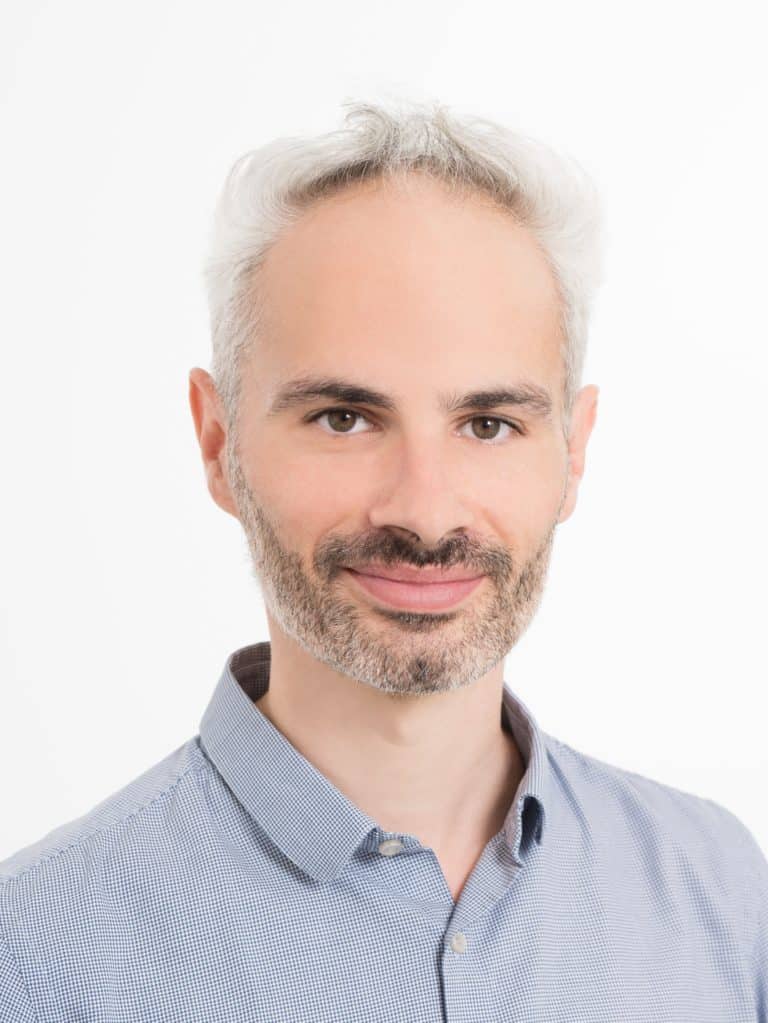Mathematician Philipp Grohs is one of the world’s leading experts in Deep Learning. Soon he will be teaching and researching at the RWTH Aachen University.
Austrian mathematician Philipp Grohs is one of the world’s leading theoreticians in the field of machine learning with deep neural networks. Winner of one of the three 2020 Humboldt Professorships awarded in Germany, he has been invited to come to the RWTH Aachen as the new Professor of Mathematics of Neural Networks and to pursue interdisciplinary research into neuromorphic computing as a key technology of the future. “With Professor Grohs, we are gaining an outstanding personality and a proven expert in the fields of data science, deep learning and numerical analysis. His research priorities will optimally strengthen the University’s overall strategy, especially with regard to our activities within Germany’s Excellence Strategy,” said RWTH rector Ulrich Rüdiger.
Deep Learning is used in speech, image and video recognition systems…
Grohs, born in 1981, is concerned with artificial neural networks that are modelled on the structure of the human brain. His work in applied mathematics focuses on the development and analysis of numerical methods for stable phase reconstruction, which are employed in X-ray crystallography or cryoelectron microscopy, for example, the analysis of deep learning methods, and the development and analysis of numerical methods for the solution of partial differential equations. He was one of the first researchers to contribute fundamental mathematical results to the understanding of the highly successful and popular methodology of deep learning. Deep learning is used in almost all current speech, image and video recognition systems and is seen as a key technology for autonomous driving and many other applications. To explore and understand the mathematical foundations of deep learning is currently one of the most relevant issues in the field of machine learning.
…and is seen as a key technology for autonomous driving and many other applications.
Grohs was responsible for the introduction of so-called Geodesic Finite Elements into mathematics. These have become a standard tool for the numerical simulation of problems in nonlinear elasticity. In addition, Grohs is also responsible for basic algorithms based on deep learning for the numerical solution of high-dimensional partial differential equations. He has shown that these algorithms show enormous efficiency increases compared to previous methods.
About the Humboldt Professorship
Each year, the Federal Ministry of Education and Research awards up to ten Alexander von Humboldt Professorships. Worth up to five million euros, it is the most valuable international research award in Germany. The aim is to sustainably strengthen Germany’s international competitiveness as a location for science and research. Candidates are nominated for the award by the respective universities. At the time of their nomination, they must be working abroad and be internationally highly recognized. An interdisciplinary selection committee of the Humboldt Foundation decides on the award recipients. Alexander von Humboldt Professorships have been awarded since 2009. To date, 77 researchers have been appointed to a Humboldt Professorship. After Matthias Wessling (2010, Chemical Process Engineering), David di Vicenzo (2011, Quantum Physics, together with Forschungszentrum Jülich), Raul Fidel Tempone (2018, Applied Mathematics) and Wil van der Aalst (2018, Computer Science), Grohs is scheduled to become the fifth Humboldt Professor at RWTH Aachen University. The Alexander von Humboldt Foundation will provide 3.5 million euros for the scientist’s activities in teaching and research.
The award will be officially presented in May 2020.
06.06.2019



